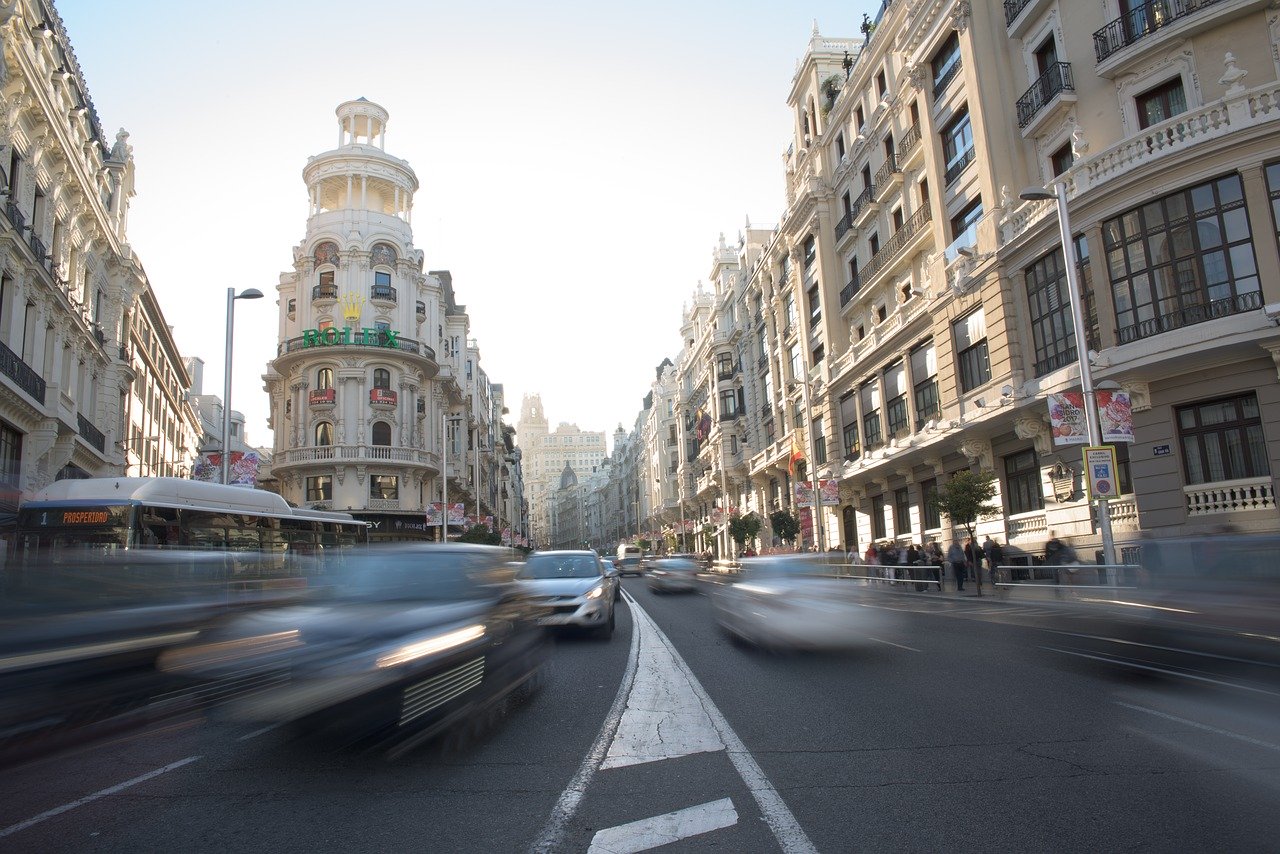In cities 63% support EU ban on petrol and diesel car sales after 2030
Almost two-thirds of urban residents support banning the sale of new petrol and diesel cars in Europe after 2030, according to a new YouGov online poll in 15 European cities. A Europe-wide phase-out of fossil-fuel car sales is one option for EU lawmakers as they prepare sweeping legislation to achieve a climate-neutral Europe by 2050.








